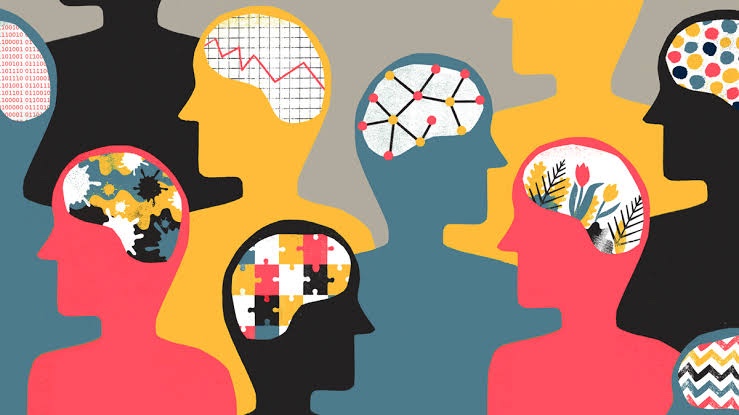The AI Revolution: Transforming Mental Health Care

The field of mental health care has long been an area of intense focus and research, with significant advancements being made in recent years. However, with the rise of artificial intelligence (AI) technologies, we are witnessing a new wave of potential that has the power to revolutionize mental health care as we know it. From early detection and personalized treatment to improved therapy options and enhanced support systems, AI is poised to transform the landscape of mental health care, offering unprecedented opportunities for individuals worldwide.
- Early Detection and Diagnosis:
One of the significant challenges in mental health care is the timely and accurate detection of mental health conditions. AI algorithms have shown tremendous promise in analyzing vast amounts of data, such as social media posts, speech patterns, and even facial expressions, to identify patterns and indicators of mental health disorders. By leveraging machine learning techniques, AI systems can assist in early detection, enabling healthcare professionals to intervene at critical stages, potentially preventing or minimizing the severity of mental health issues. - Personalized Treatment Plans:
Mental health conditions are highly nuanced and differ from person to person. AI-driven technologies can leverage patient data, genetic information, environmental factors, and treatment history to generate personalized treatment plans. These plans take into account individual variations and preferences, improving the efficacy of treatments and reducing the trial-and-error aspect of mental health care. AI can provide healthcare professionals with data-driven insights and recommendations, enabling them to make informed decisions while tailoring therapies to suit each patient’s unique needs. - Virtual Therapists and Support Systems:
AI-powered virtual therapists have the potential to bridge the gap between demand and availability of mental health care professionals. Chatbots and virtual assistants, equipped with natural language processing and sentiment analysis capabilities, can engage in conversations with individuals, offering support, guidance, and evidence-based interventions. These virtual systems can provide round-the-clock assistance, reducing the waiting time for therapy and offering immediate emotional support during critical moments. - Predictive Analytics and Risk Assessment:
AI algorithms can analyze vast amounts of data to identify patterns and trends that may indicate an increased risk of mental health crises, such as suicidal ideation or relapse. By monitoring various factors like sleep patterns, social interactions, and changes in behavior, AI systems can alert healthcare professionals or even individuals themselves to take proactive measures and seek appropriate help. This proactive approach can save lives and contribute to more effective mental health management. - De-stigmatizing Mental Health:
AI-powered platforms have the potential to reduce the stigma surrounding mental health by providing confidential, judgment-free spaces for individuals to seek support and guidance. Virtual support groups, online communities, and anonymous counseling platforms foster an environment where individuals can freely express themselves, share their experiences, and find solace in the understanding and empathy of others. These AI-enabled platforms can play a vital role in destigmatizing mental health by making it more accessible and encouraging open conversations.
Conclusion:
As AI technologies continue to advance, the potential for revolutionizing mental health care is immense. From early detection and personalized treatment plans to virtual therapists and predictive analytics, AI offers novel solutions that can enhance mental health support on a global scale. However, it is crucial to ensure ethical considerations, data privacy, and human oversight to strike the right balance between technological innovation and human touch. By leveraging the power of AI responsibly, we can pave the way for a future where mental health care is more effective, accessible, and compassionate.




